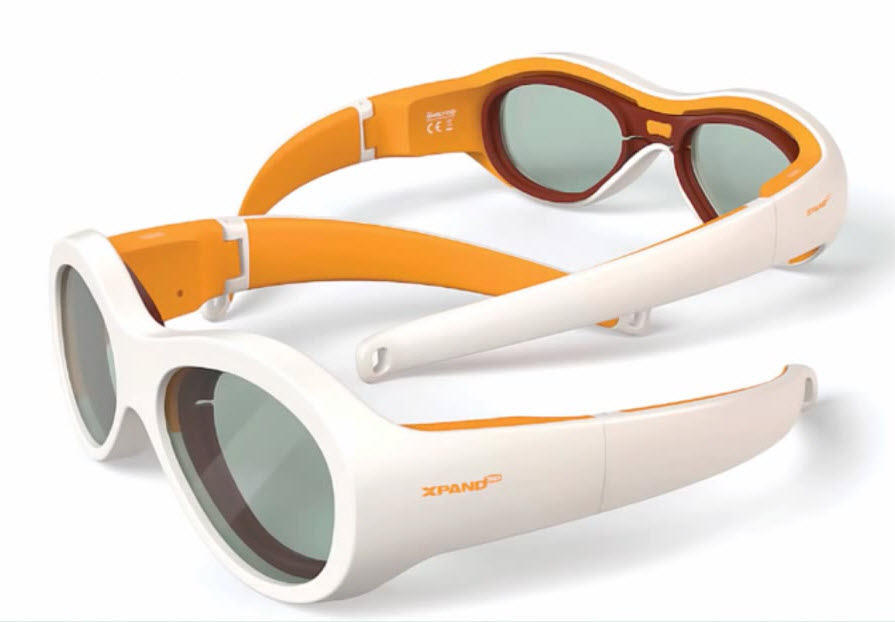 As the digital revolution continues to touch all aspects of everything, healthcare continues to embrace technology to improve patient lives. Programmable glasses are a new invention that may help thousands of young children suffering from lazy eyes across the country. Lazy eye, also known as amblyopia, is one of the most common visual impairments for young kids and can occur when one eye is weaker relative to the other (more nearsighted). The risks with lazy eye can be as bad as blindness if it is not taken care of appropriately and on time.
As the digital revolution continues to touch all aspects of everything, healthcare continues to embrace technology to improve patient lives. Programmable glasses are a new invention that may help thousands of young children suffering from lazy eyes across the country. Lazy eye, also known as amblyopia, is one of the most common visual impairments for young kids and can occur when one eye is weaker relative to the other (more nearsighted). The risks with lazy eye can be as bad as blindness if it is not taken care of appropriately and on time.
Eye drops and patches are a mainstay of therapy, but often are not as effective as they could be due to poor adherence amongst children. New data on electronic eyeglasses, which is set to be presented at the American Academy of Ophthalmology Annual Meeting in 2015, shows improvement in vision correction and occlusion. The lenses are LCD displays and so can be programmed to turn opaque for different time intervals. A recent clinical trial by the Glick Eye Institute showed that children wearing patches compared to a set lens program of electronic eyeglasses had a similar improvement in lazy eye. This makes this treatment option viable in patients who may not be compliant on patches or other methods of treating lazy eye.
There is good reason to be excited about this development despite the higher cost of the glasses as compared to patches. Patches can be terribly uncomfortable and annoying to wear. Many adults who suffered from the ailment as children even attest to that. The lens automatically clear over a set interval of time and then again turn opaque- the idea here is that the children will know that it will turn clear again and so will be more likely to leave on the glasses. At $450, the Amblyz Liquid Crystal Occlusion Glasses are an FDA approved medical device. It is possible that some forms of vision insurance may cover this product, which would be a plus for any parents whose kids suffer from the disease and are having trouble keeping their kids on appropriate treatment regimens. It really is exciting to see technology fill such important gaps in the medical space and to really be able to impact lives for the better with real, practical solutions. If your child suffers from amblyopia you may want to reach out to their ophthalmologist or pediatrician to consider your range of options including Amblyz.
Author Bio: Tony Rollan provides consulting services to VSI (http://www.patternless.com/) and he is an author of many articles about medicine, medical equipment, alternative treatment, health, fitness, sport and healthy living.
Image credit: YouTube/Amblyz
